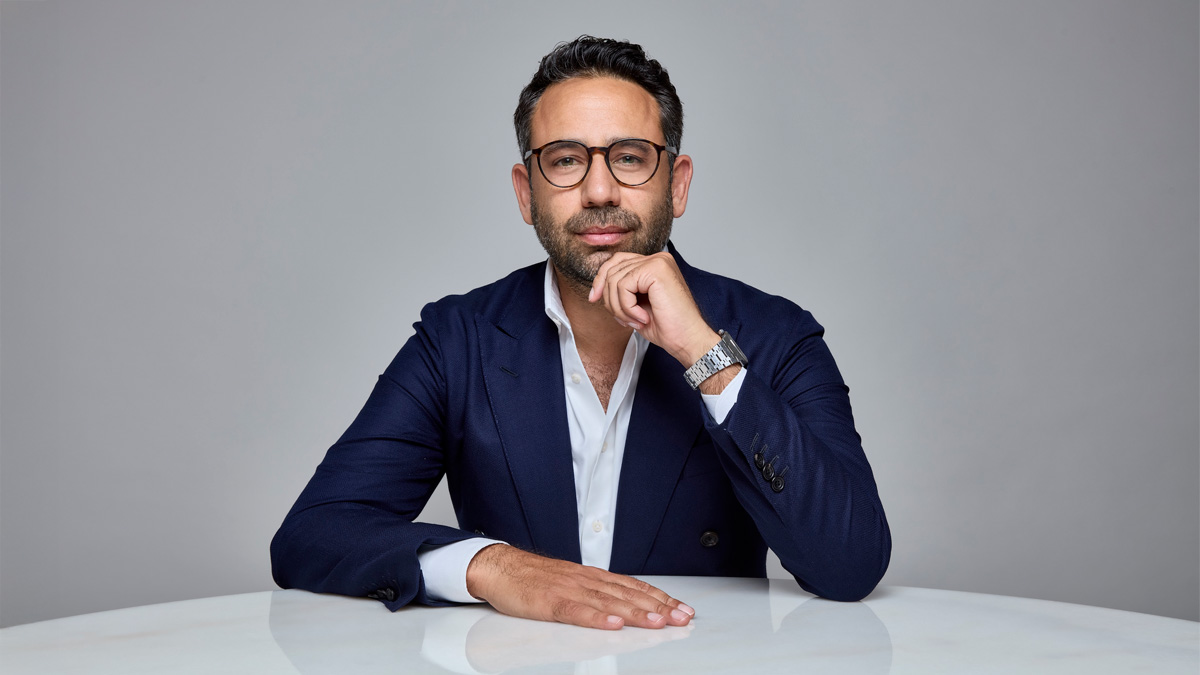
Few know London’s high-end property market like Daniel Daggers. He has advised on more than $6bn in residential sales, including the £95m sale of 3 Carlton Gardens to billionaire hedge fund founder Ken Griffin, while at Knight Frank. Now he is running DDRE Global, a company he founded that has already completed $1bn in deals, and has a starring role in the Netflix series Buying London.
Here, he reflects on early mistakes, leadership, disruption and how he balances building both a personal and company brand.
What was the biggest thing that changed your career trajectory?
Creating content changed everything for me. The first time I filmed at 432 Park Avenue, 60 floors up, and shared it online, was as a lightbulb moment. I knew instantly that I was part of a new chapter for our industry.
It shifted how I viewed real estate and business. That moment became the foundation for DDRE and everything that followed.
In hindsight, what was your biggest early mistake and what did it teach you?
Believing that everyone would think or act the way I do. You can guide people, inspire them and give them the tools, but they’ll always do what feels right to them. The lesson? Don’t take it personally. Manage your own attitude, stay balanced and focus on progress, not perfection.
Was someone early on who believed in you when few others did?
My dad. He’s been my role model from day one. He’s one of those rare people who lights up a room: kind, warm and genuinely interested in others. Everyone who meets him walks away happier.
Watching him taught me that how you treat people matters more than anything. People remember how you make them feel and I’ve built my career around that principle.
What are the biggest leadership lessons you’ve learned since going independent?
I’ve developed a real empathy for leadership. Managing people isn’t easy. Most know what the right thing to do is, but emotions often get in the way. You’ve got to keep guiding, even when it’s draining. Leadership is a balancing act – compassion, strength, determination and resilience. It’s hard to teach resilience while being empathetic, but the best leaders manage both. For me, success has come from tolerance, patience and the ability to stay calm even when the rest of the room isn’t.
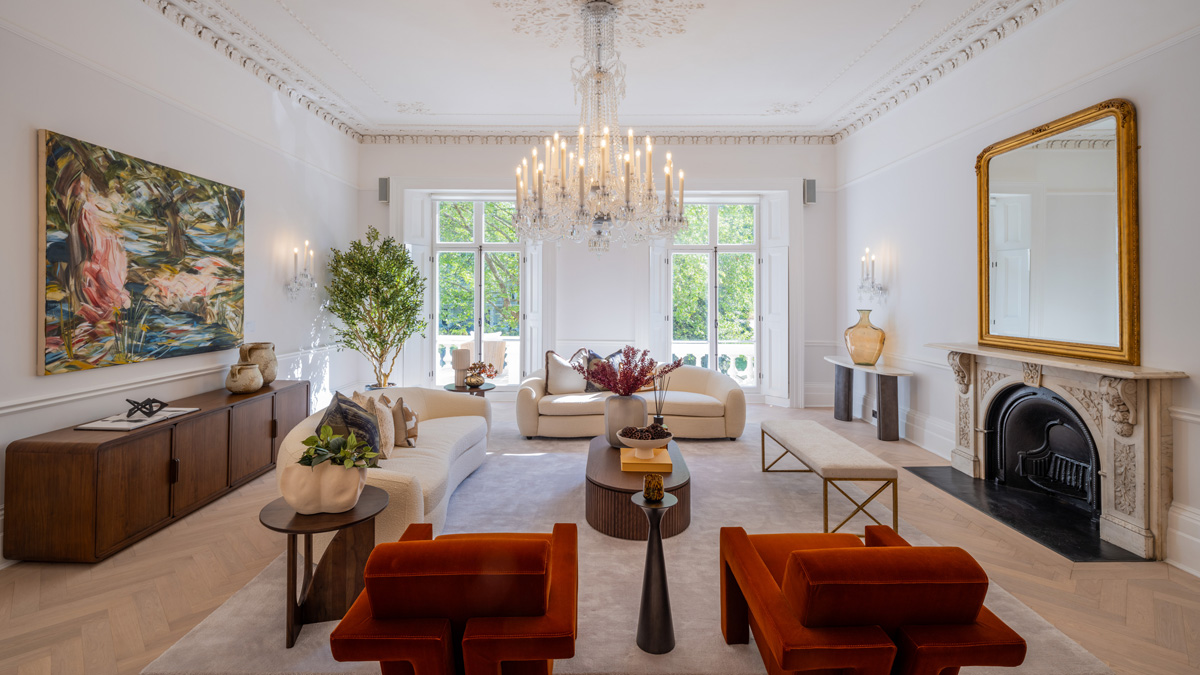
What was the biggest resistance you faced?
The biggest pushback came from those closest to me – friends, colleagues and people I thought would support me. Ironically, most of the encouragement came from strangers and my clients from the past 21 years, who were incredible.
When you disrupt an industry, you’ve got to accept being misunderstood. In fact, being misunderstood is often the first sign you’re onto something and that's when you must run with it!
How do you balance having a personal brand and being a CEO building a company brand?
The DDRE brand shares my values as the founder, with the DNA embedded. I’m supportive of a person's evolution and that's the same for the brand. It’s like a living organism that's evolving alongside the people in it, which is why we have taken our time to grow.
People and authenticity are everything. They make the brand and will keep it alive many years after I'm gone.
Netflix’s Buying London exposed your world to millions. How did that visibility affect client trust and deal flow?
Ultra-high-net-worth clients don’t buy from strangers, they buy from people they know, like and trust. The show gave us the opportunity to be in people's homes, entertain them and give them access to the world of UK real estate.
It was a great way to create what I call “trust equity with people you don't know…yet.” When someone says they’ve seen DDRE on Netflix, they already know we’re passionate, very well-connected and dynamic. That trust accelerates everything.
What daily habits or disciplines have had the greatest effect on your success?
Making my bed every morning. Sounds simple, but it sets the tone. It’s about self-respect, structure and starting your day by accomplishing something.
What’s been your biggest moment of self-doubt and how did you push through it?
When I left Knight Frank, the rumour mill went into overdrive. It stung, of course it did. My mum said something that stuck with me: “People will tell stories about you forever, especially if you’re going to challenge the status quo. But it’s not the story you should ever tell yourself.”
That changed my mindset. I’ve faced worse in life. I’m not the type to fold because someone’s whispering. Thankfully, I have a ton of grit bestowed on me by my mother, which is no doubt a superpower. Thank you, mum.
How do you measure success and has your definition changed over time?
Completely. Success used to be about money and then numbers. It’s been about impact now for nearly a decade. The impact I have on people, the industry and the next generation of advisors. If I can inspire others to be braver, more creative and more authentic, that’s real success.
What legacy do you hope to leave behind?
Be brave. Be kind. Be different. Be kinder to yourself. And love your clients and they’ll love you back. There’s endless opportunity ahead, but it only rewards those who go after it with passion, integrity and courage.
Related and recommended
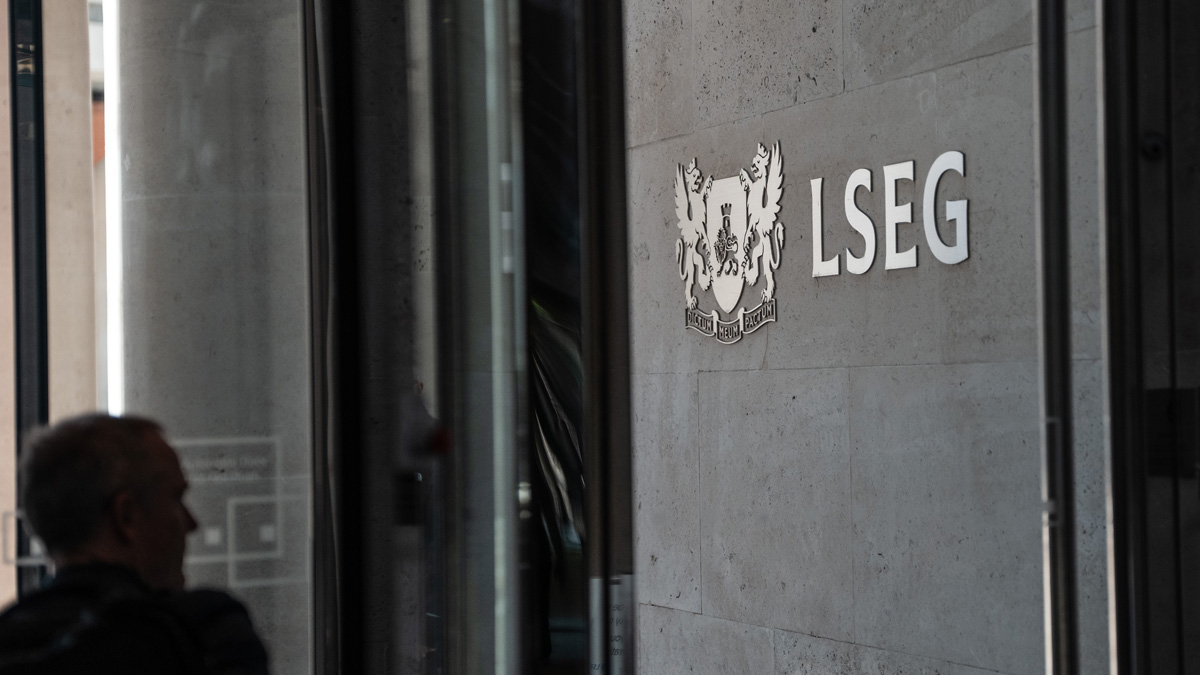
Years of decline have hollowed out London’s listing market, but founders, banks and ministers are quietly pushing for a revival
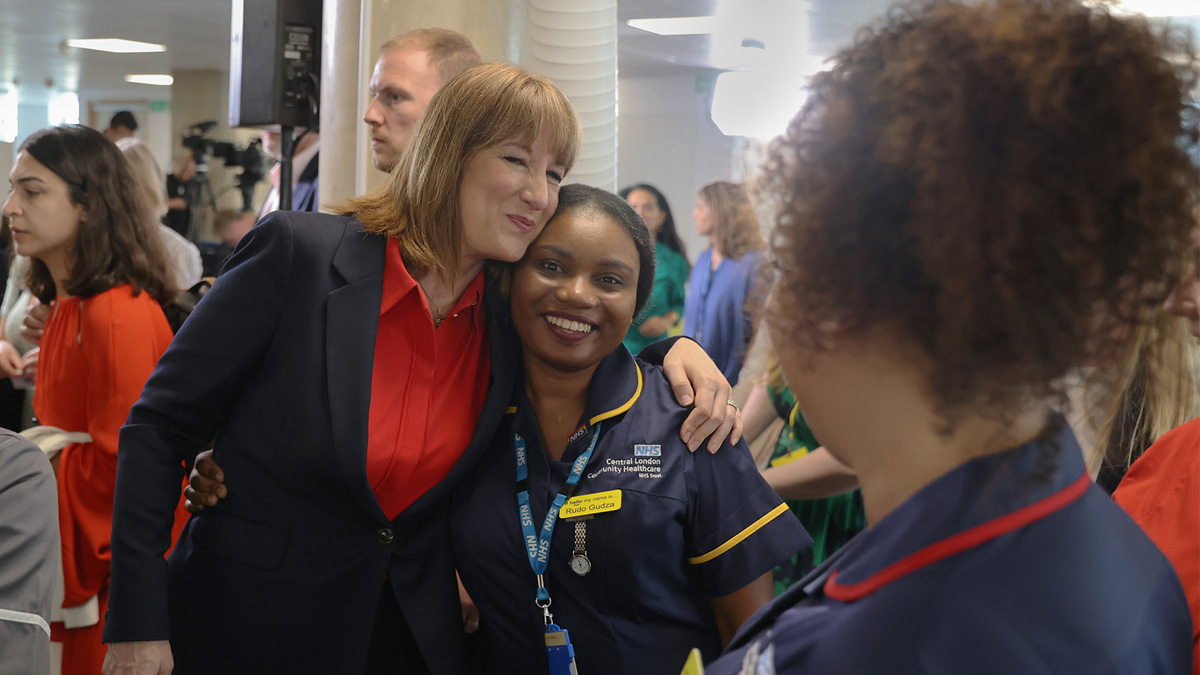
Healthcare and income tax require radical reform, but the Budget revealed little ambition to tackle the big issues
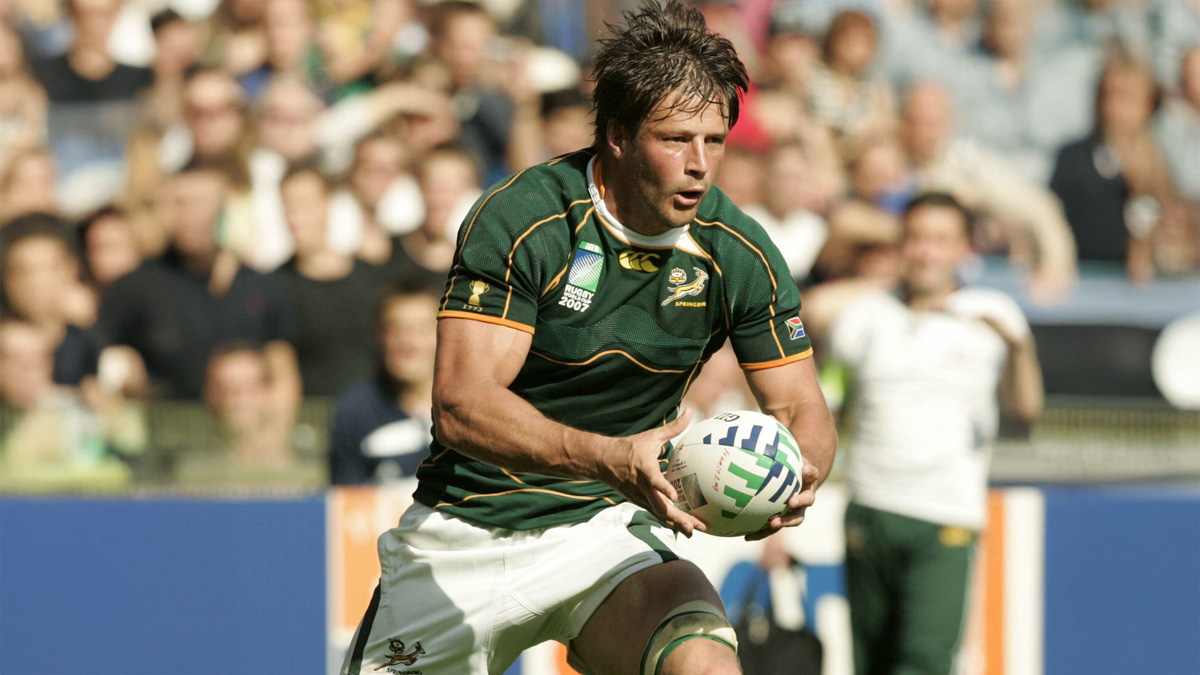
Bob Skinstad’s journey from rugby prodigy to business leader is shaped by scrutiny, setbacks and second chances

After a decade as editor-in-chief, Katharine Viner is using her business acumen to reinvent The Guardian

